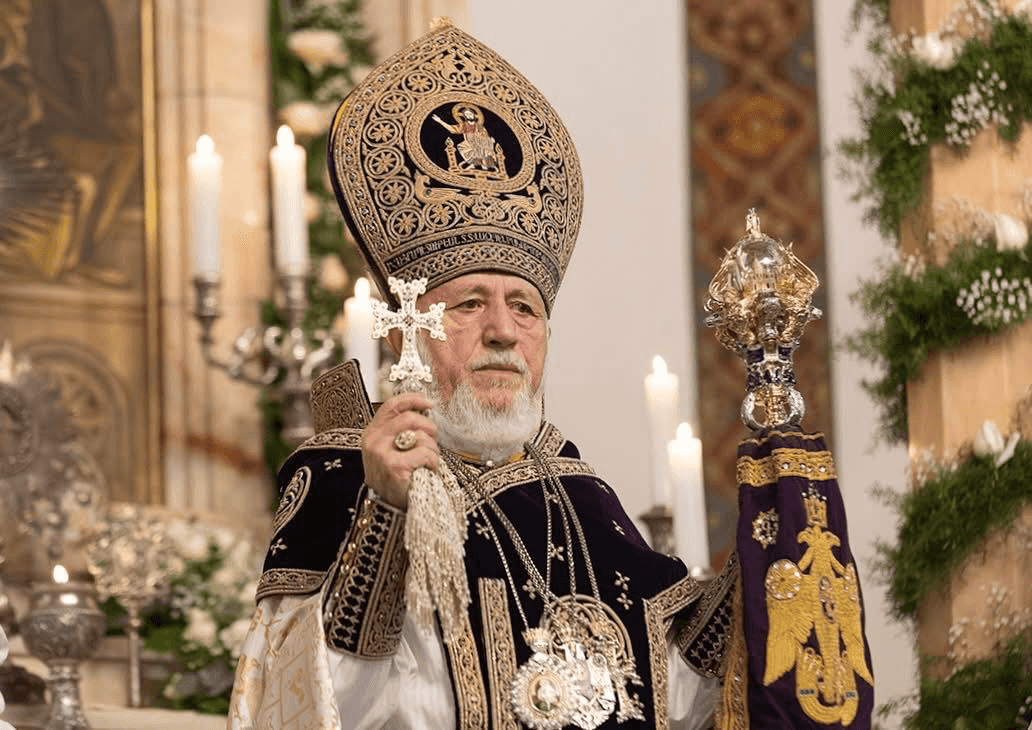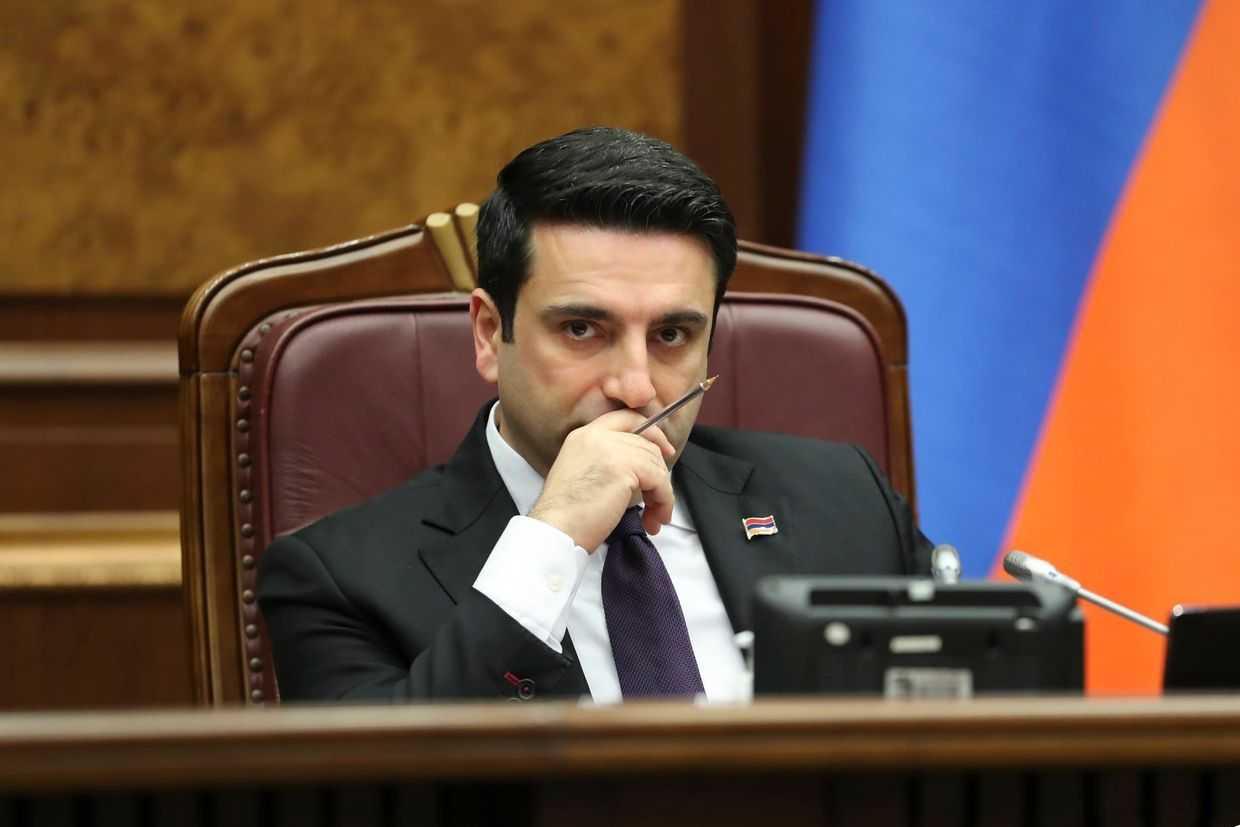
Armenia’s opposition factions held several mass rallies in recent days to demand the resignation of Prime Minister Nikol Pashinyan. The protests flared after the Prime Minister hinted at making concessions regarding the status of Nagorno-Karabakh.
The rallies were organised by the Armenia Alliance and I Have Honour parliamentary blocs.
Tigran Abrahamyan, an MP with the I have Honour bloc, claimed that 11 participants of his faction’s protest in front of the ruling Civil Contract party’s headquarters were arrested. Armenia Alliance also claims to have recorded arrests from its ranks during its attempt to block Komitas Avenue — a prominent thoroughfare in the north of the capital.
‘It is already clear that Pashinyan has instructed the police, particularly the infamous structure of red berets, to prevent any protest action by the strictest means’, Abrahamyan wrote on Facebook.
Another group of protesters from Pashinyan’s hometown of Ijevan are also planning to undertake a 140-kilometre march from the city to the capital to join the protests.
Armenia Alliance also announced plans to bring protesters from other parts of Armenia, according to MP Ishkhan Saghatelyan. He said that they aim to have the protests culminate in a large rally on Sunday.
This latest wave of protests was initially organised by Artur Vanetsyan, an erstwhile ally of Pashinyan who had previously headed the National Security Service. He, alongside his supporters, has been camped out in Yerevan’s central Freedom Square since 17 April, demanding the Prime Minister resign.
Other ex-Pashinyan allies, including ex-Foreign Minister Ara Ayvazyan, and former Armenia police chief Valeri Osipyan, have supported Vanetsyan’s initiative.
The Homeland party, founded by Vanetsyan in 2020, is part of the For Honour parliamentary bloc.
The protests flared after Pashinyan’s statements on 13 and 14 April, when he said the ‘international community’ is calling Armenia to ‘lower the bars’ of the status of the disputed region in its negotiations with Azerbaijan.
Opposition groups have preemptively rejected any possible concessions to which Pashinyan might commit.
The Prime Minister’s statements were met with criticism and outrage inside Armenia and from the Armenian authorities in Nagorno-Karabakh.
[Read more: Nagorno-Karabakh leadership slams Pashinyan]
The parliamentary opposition, which includes the former ruling Republican Party, which was ousted in the 2018 Pashinyan-led revolution, pushed for the resignation of the Pashinyan government following Armenia’s defeat in the Second Nagorno-Karabakh War in November 2020. Pashinyan eventually agreed to hold snap parliamentary elections in June 2021, which his party won in a landslide.








